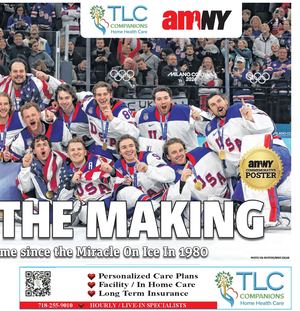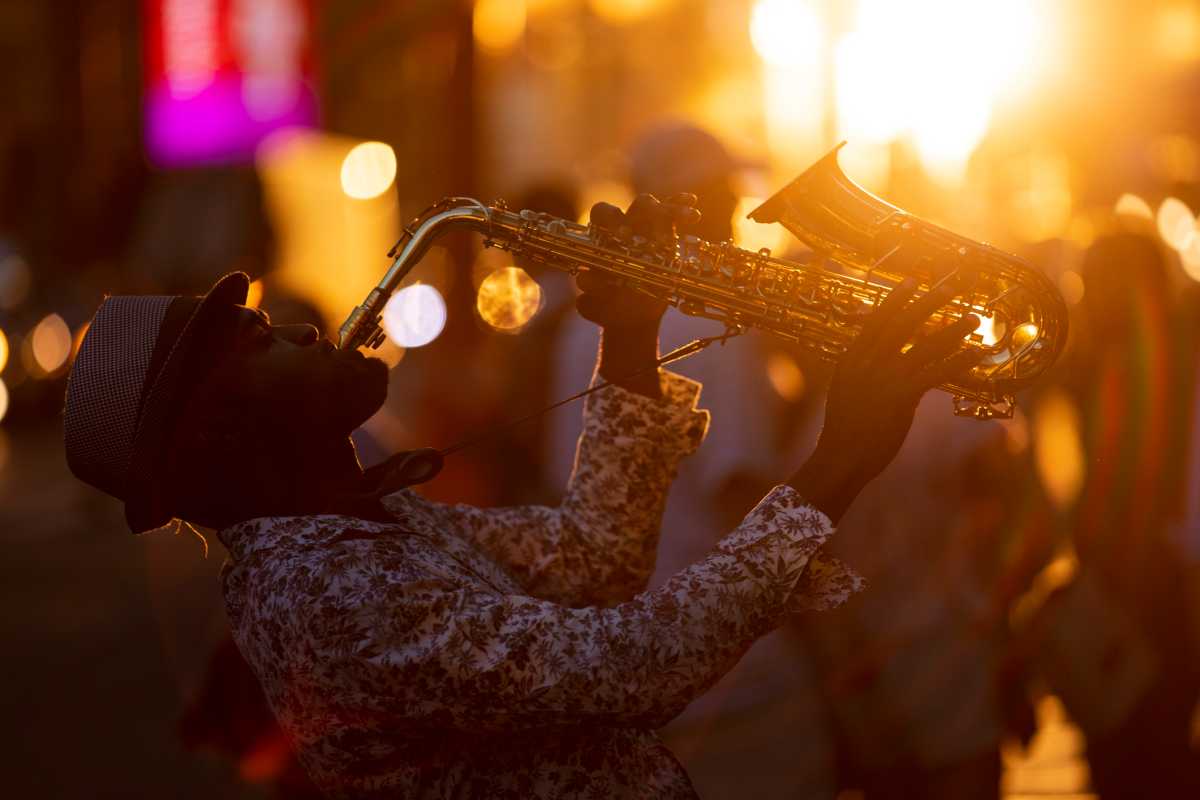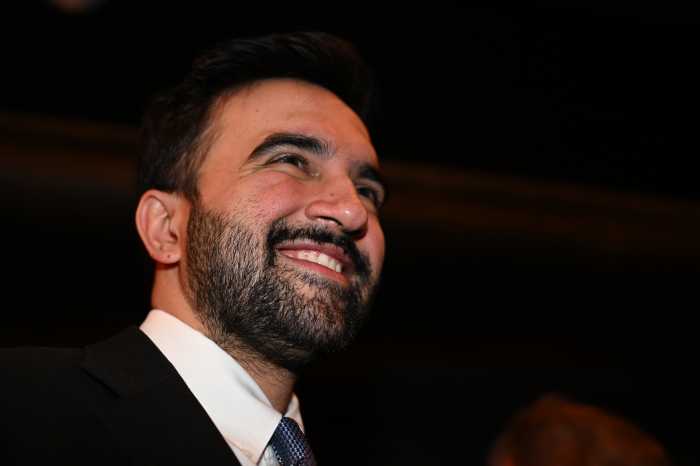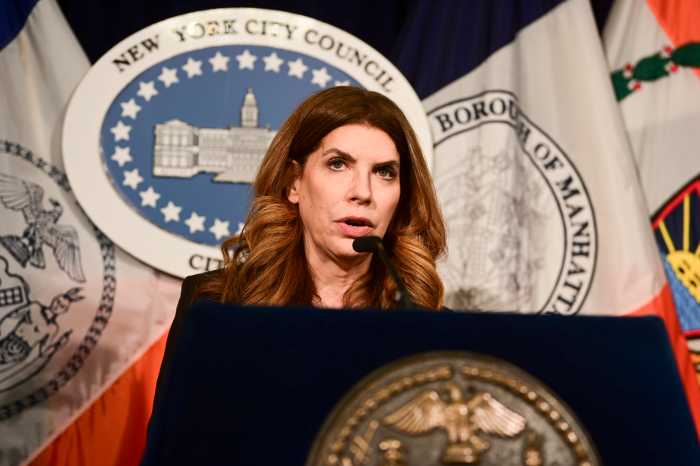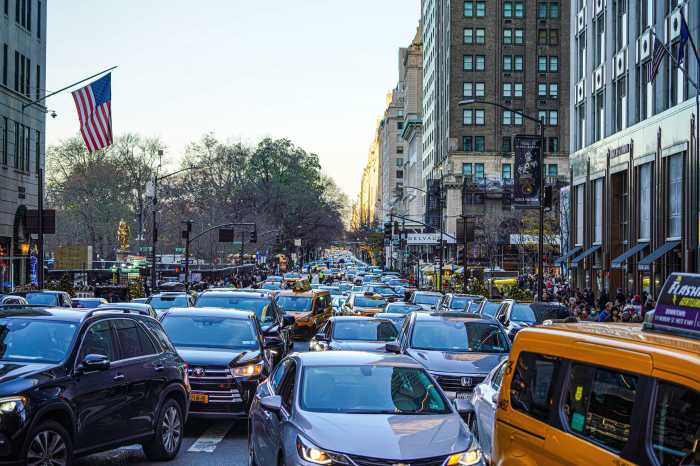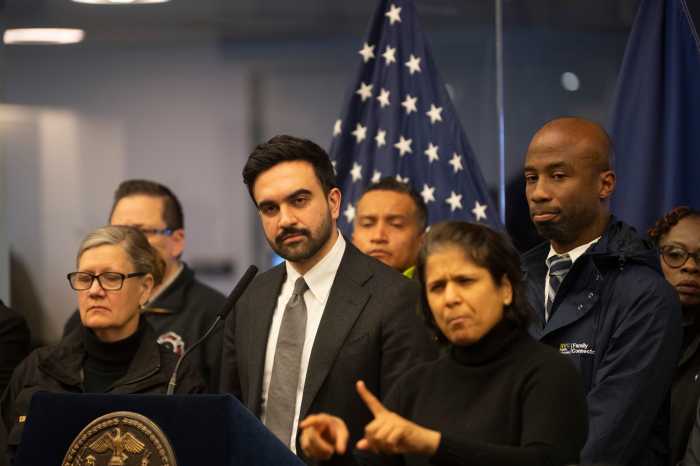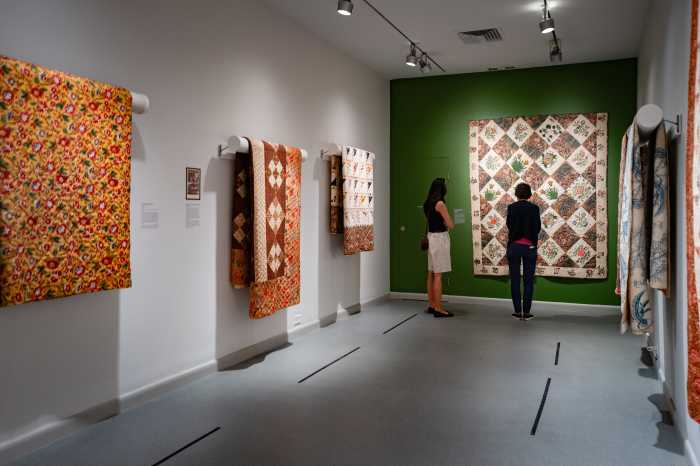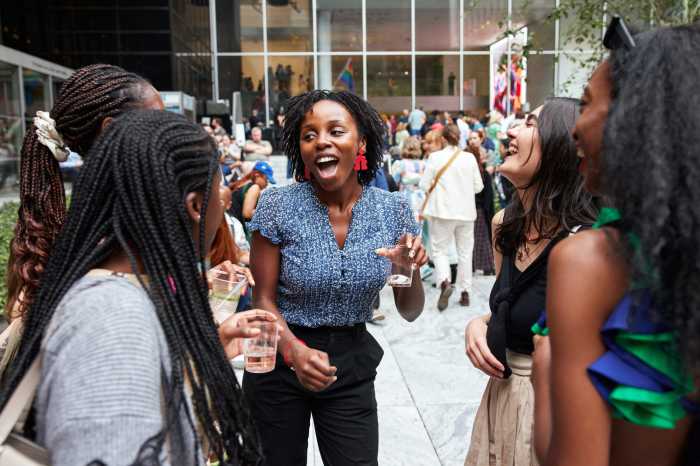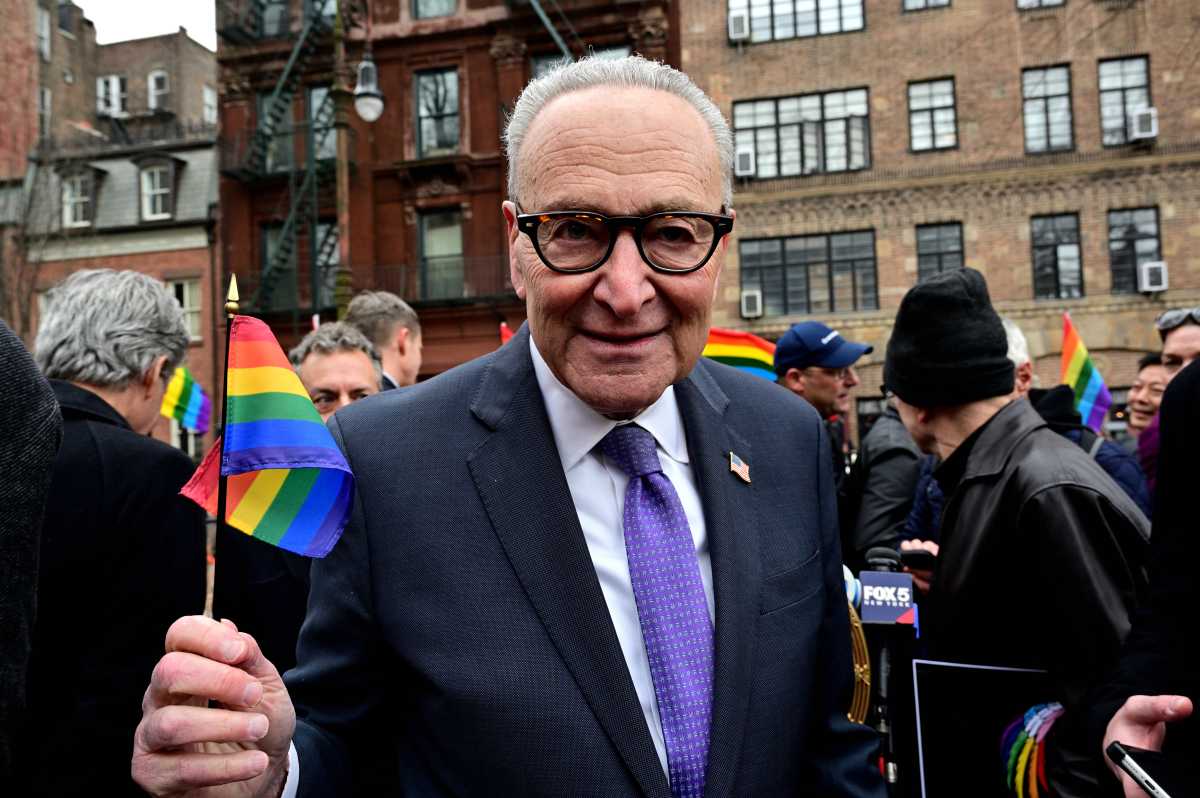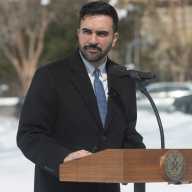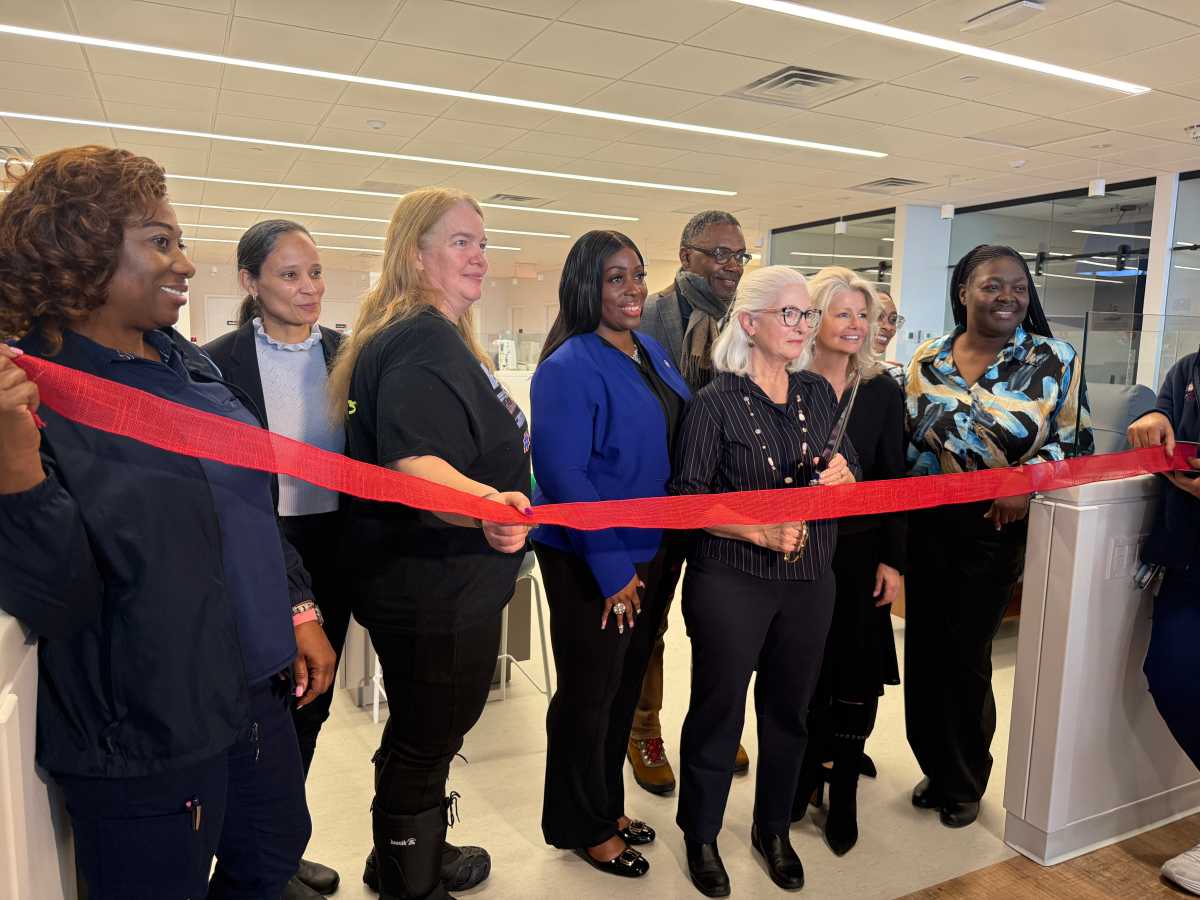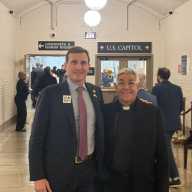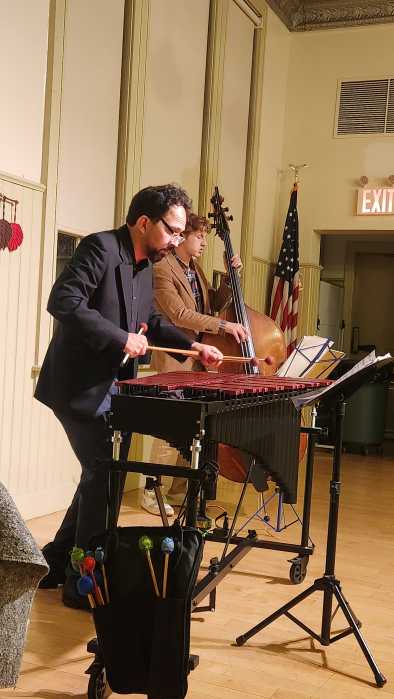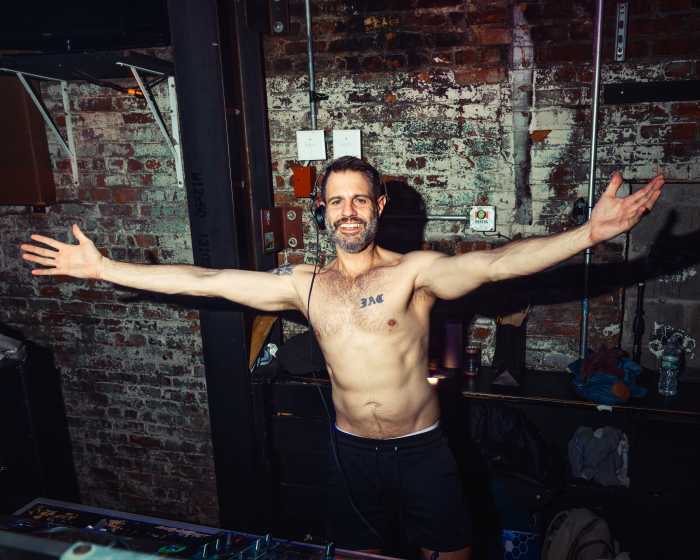There’s no city in the world like New York — and no sound like the one it makes. From the smoky jazz clubs of Harlem to the orchestras in Lincoln Center, from the subway buskers to Broadway pit bands, live music is the heartbeat of our city. But that heartbeat is in danger of fading.
Working musicians are essential to New York City’s economy and cultural identity. They power our nightlife, drive our tourism, and elevate every experience — from a romantic dinner in a restaurant to a world-class performance on a Broadway stage. The music industry contributes billions to our local economy and supports tens of thousands of jobs. But those jobs are increasingly unsustainable.
The rising cost of living in New York has made it nearly impossible for working musicians to survive here. As rents skyrocket and health care costs balloon, too many musicians — the very people who help define this city — are being forced to leave. These are not celebrities with major record deals. They are the highly trained professionals who show up every night to bring life to our theaters, clubs, churches, and community events.
At the same time, there’s a troubling trend toward replacing live musicians with pre-recorded tracks or digital substitutes. Whether it’s a restaurant cutting corners by eliminating live acts, or even shows on Broadway looking to reduce live instrumentation, we must say clearly: no recording can replicate the power of live music played by real people.
Live music is irreplaceable. It’s spontaneous, emotional, human. It creates connections between performers and audiences that simply can’t be downloaded or streamed. When we lose live music, we lose something vital about what makes New York, New York.
And right now, as union contracts expire and negotiations are underway, it’s more important than ever that we stand with our working musicians. These negotiations aren’t just about wages. They’re about dignity, fairness, and preserving the future of live performance in New York. The decisions made at the bargaining table will have real consequences for the ability of musicians to live and work here.
That’s why we’re calling for stronger support for working musicians. That includes fair contracts, protections against displacement, and funding for arts programs that include live music as a central component. It also means strengthening contributions to health and pension benefits so musicians aren’t forced to choose between medical care and making art.
It means investing in music education and workforce development to ensure the next generation of musicians can train, grow, and find work here in New York.
And it means protecting live performance jobs, especially on Broadway and in other venues where there is pressure to replace union musicians with cheaper alternatives.
Finally, we should explore bold new ideas like housing assistance or a targeted tax credit for musicians — just as we support film and television production — to help artists afford to live and create in the city they sustain.
We also urge venues, producers, and city agencies to commit to hiring live musicians for good wages with fair contracts and to treat music not as background noise, but as the cultural treasure it truly is.
We must also recognize that music is labor. It’s not a hobby for those who perform it professionally. These are workers who deserve dignity, respect, and the ability to live in the city they help make great.
New York City is the greatest stage in the world. Let’s make sure the musicians who bring it to life can afford to stay on it.
Erik Bottcher is a New York City Council Member representing Manhattan’s District 3, which includes the Theater District. Robert Suttmann is the President of Local 802 AFM, the union representing professional musicians in New York City. (President Suttmann was recently named a Labor Power Player in this year’s list published by PoliticsNY & amNY Metro.)
